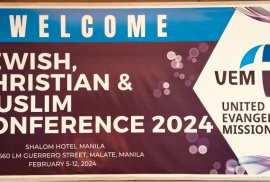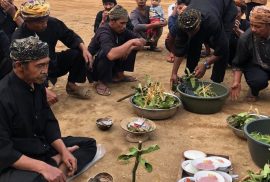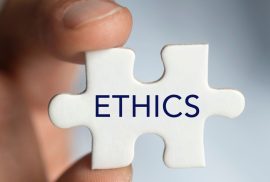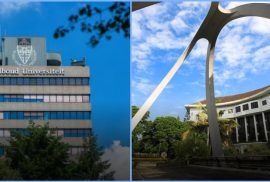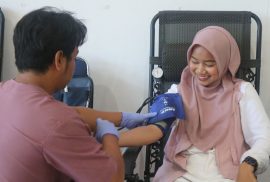Leonard Chrysostomos Epafras
United Evangelical Mission (UEM) organized the Asian chapter of the fourth round of the Jewish, Christian, and Muslim Conference (JCM) in Manila on February 5-12, 2024. The initiative commenced 51 years ago in Germany as the immediate response to the post-Holocaust and post-World War II circumstances. Twenty scholars, religious leaders, and activists of refugee services, including Christians, Muslims, and Jews from Indonesia, the Philippines, and Palestine, convened and discussed the meaning of home and displacement. The conference was organized with the local committee from the United Churches of Christ in the Philippines (UCCP). Dr. Leonard Chrysostomos Epafras from the Indonesian Consortium for Religious Studies (ICRS), Universitas Gadjah Mada Graduate School, was one of the steering committee members and resource persons.

